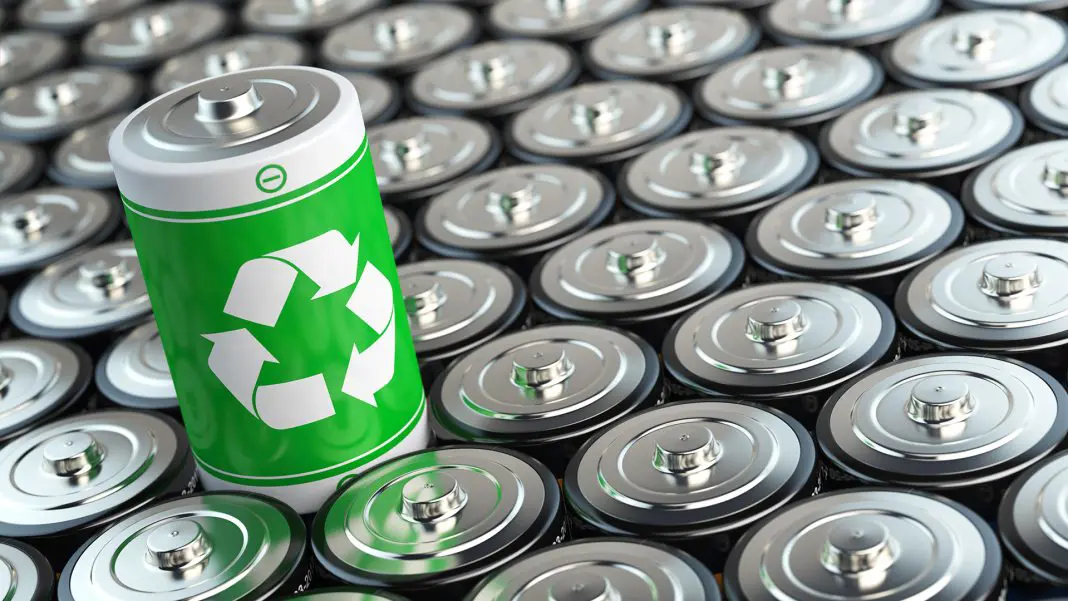This Aussie Innovation Could End Battery Waste Forever, And Supercharge a Greener Future

Batteries power our lives, but at the end of their lifespan, most end up as dangerous landfill. That’s about to change.
A groundbreaking new initiative launched this week in Australia promises to rewrite the future of energy sustainability. The ARC Training Centre for Battery Recycling, officially opened on July 22 at the University of Adelaide, will tackle one of the most urgent and overlooked issues of our clean energy transition: what to do with dead batteries.
With electric vehicles (EVs), smartphones, and renewable storage systems on the rise, Australia is facing a mounting battery waste crisis. Each year, thousands of tonnes of lithium-ion batteries are discarded, leaking toxic metals into the environment, and wasting critical materials like lithium, cobalt, and nickel.
But this new centre is taking direct aim at the problem, using cutting-edge science to build a zero-waste, circular battery economy. Backed by the Australian Research Council (ARC) and a consortium of industry and academic partners, the centre will train the next generation of scientists and engineers to rethink every stage of the battery life cycle, from design to disassembly.
“We can’t afford to treat batteries as disposable,” said Professor Shizhang Qiao, the centre’s director. “They contain finite, high-value resources that we desperately need for a sustainable future. Recycling isn’t just about waste, it’s about energy security.”
Rather than relying on energy-intensive, environmentally harmful methods of extraction, the centre aims to create low-energy, high-efficiency recycling systems that recover metals without releasing toxic byproducts. These technologies could help Australia position itself as a global leader in sustainable battery innovation, and reduce dependence on overseas mining.
Crucially, the centre won’t just focus on lab work. It also plans to work closely with manufacturers and policy makers to help scale solutions for real-world deployment, shaping national strategies around EV infrastructure, renewable energy storage, and consumer electronics.
“It’s about building an ecosystem,” said Qiao. “A true circular economy where materials flow, not just once, but endlessly.”
The opening of the centre comes as Australia accelerates its push toward net-zero emissions, with battery tech playing a pivotal role. Yet without sustainable disposal and reuse solutions, the green revolution could come with a toxic cost.
By reimagining batteries not as waste, but as a renewable resource, this new centre could help unlock one of the biggest sustainability challenges of our time, and turn it into an opportunity.